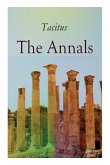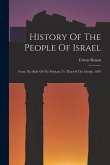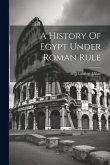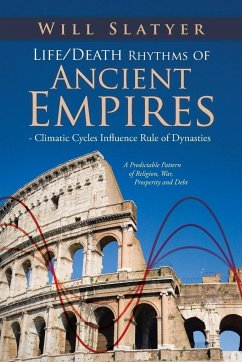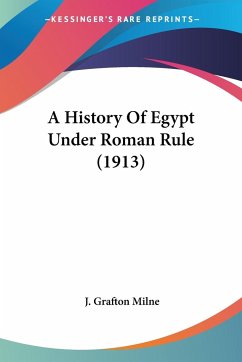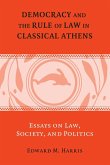In AD 43, the Romans landed an invasion force on the shores of Britain that heralded the beginnings of recorded British history and laid the cultural foundations of today's national identity. Yet despite the crucial importance of this event, the actual location of the landings remains unclear. From Victorian antiquarians to today's modern scholars and archaeologists, there has been much written over the years with regard to this particular question, with Richborough in Kent and Chichester in Sussex proposed as contemporary favourites. Whilst still being universal in its approach, this book is less reliant on archaeology or literary records to support its conclusions, and instead places greater emphasis on the practical problems the Romans faced in deciding on a landing site. The result is a book which presents a straightforward and logical study which can be readily appreciated by both the general reader and the specialist alike.
Hinweis: Dieser Artikel kann nur an eine deutsche Lieferadresse ausgeliefert werden.
Hinweis: Dieser Artikel kann nur an eine deutsche Lieferadresse ausgeliefert werden.



